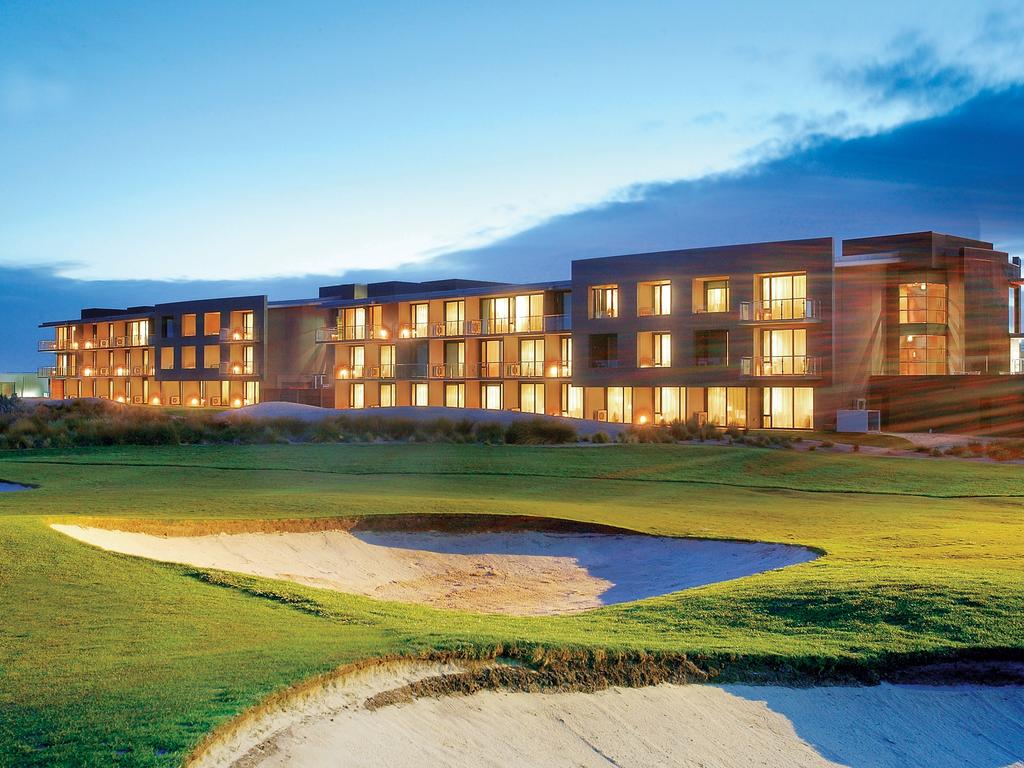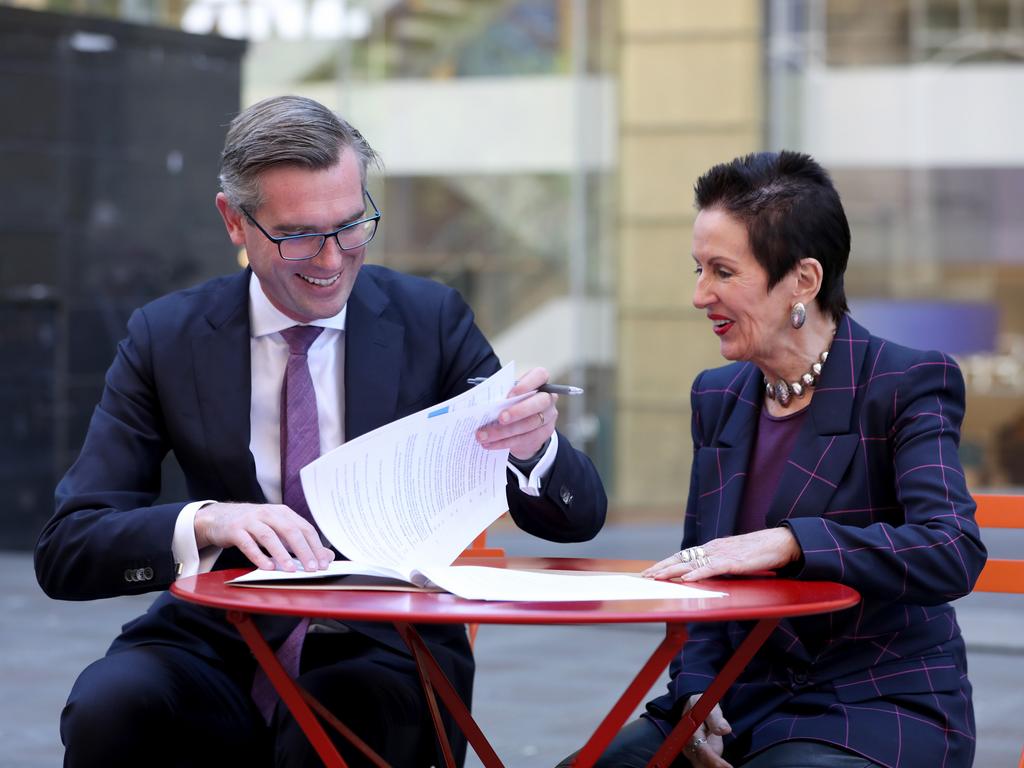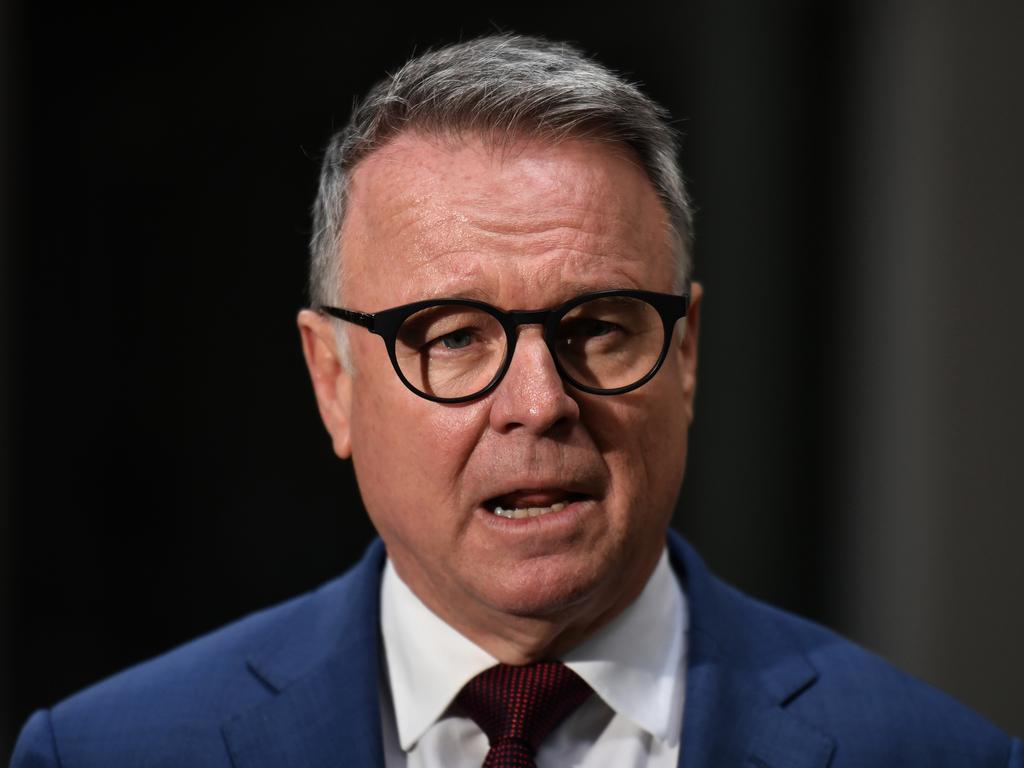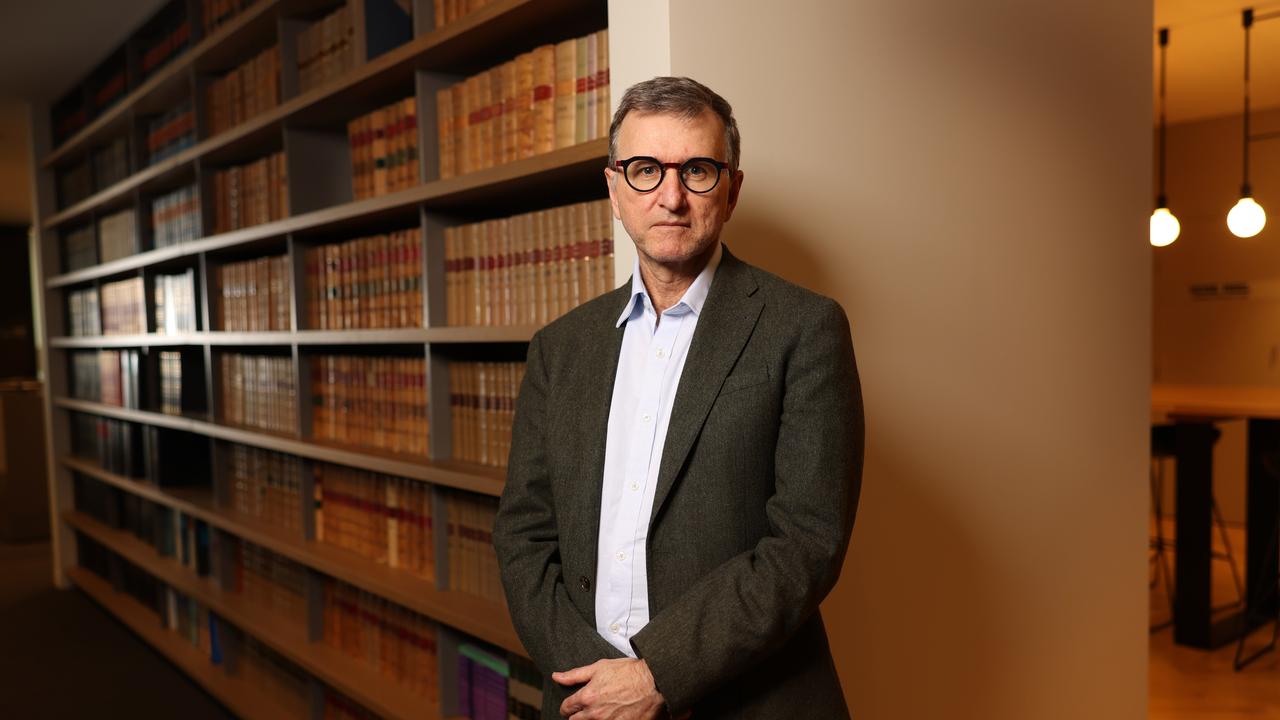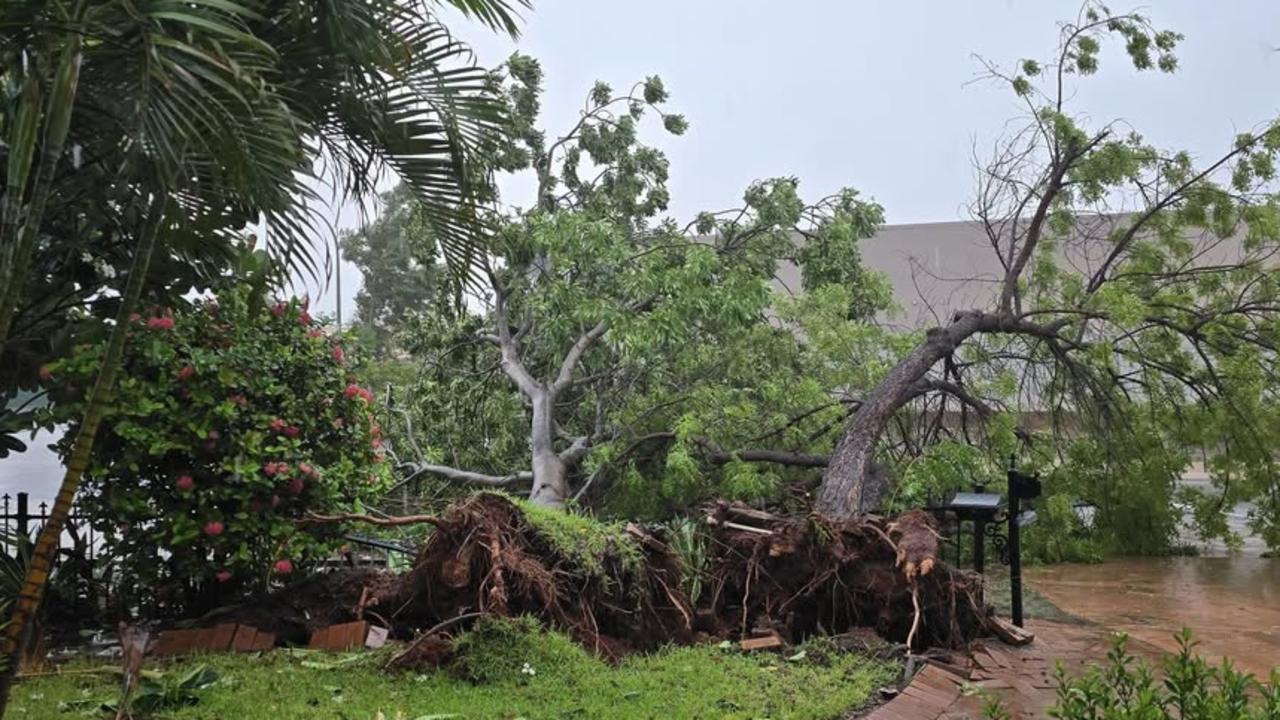Fun park has South West Aboriginal Land and Sea Council in a spin
Conflict threatens Aboriginal land council that brokered $1.3bn native title deal.
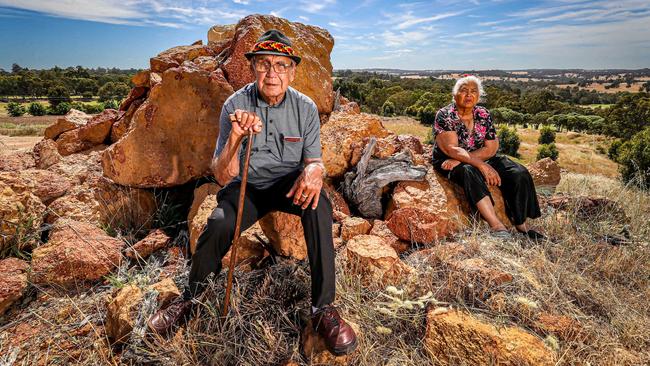
Conflict and tumult threaten to overtake the Aboriginal land council that brokered the biggest land deal in Australia’s history — swapping native title for land and cash worth $1.3bn — raising questions over how prepared the organisation is to manage the likely windfall it will gain as early as next year.
The South West Aboriginal Land and Sea Council, which is expected to direct the money to assist the Noongar people, has sacked its chief executive and requested an urgent intervention from the commonwealth.
The council is waiting to learn if the historic land deal clears its final legal hurdle in the High Court on November 26.
The West Australian government has also set aside $302m towards the deal, with its benefits likely to flow within months.
However, the council is reeling from the fallout from the mulit-million-dollar purchase of a former dancing-horse theme park near Perth.
The council’s chief executive, Wayne Nannup, was removed in October and has since lodged an unfair dismissal claim with the Fair Work Commission.
Mr Nannup insists he has done nothing wrong.
El Caballo was paid for in January with $12m already held in trust for the Noongar people. The Noongar Charitable Trust held $38m last year before the Spanish-themed park purchase, according to its most recently published annual report.
Something appears to have gone awry, according to a lengthy statement on Thursday from land council chairwoman Jeanice Krakouer to members.
She said the council had asked Indigenous Australians Minister Ken Wyatt’s department “to independently examine some irregular financial transactions and conduct an independent examination of the finances to ensure compliance with our financial rules and funding agreement”.
The land council board wanted to use money from that trust to buy the El Caballo former theme park in the picturesque Avon Valley east of Perth, and convert it into accommodation for elderly and homeless Indigenous people, a refuge for domestic violence victims, a drug rehabilitation facility and childcare centre.
In May, the land council was delighted to announce the purchase of El Caballo as the first step in “a game-changing approach” to homelessness among Noongar people.
“(It) will be delivered by the newly established Aboriginal Housing Foundation — a special-purpose charitable trust overseen by joint trustees, the Noongar not-for-profit Aboriginal Housing Recovery Centre Limited and equity trustees,” the land council wrote in a media statement.
But the land council board says it soon learned it had none of the control over the project that it believed it would have.
Mr Nannup was sacked on October 13. The Australian understands he is considering other legal action. He declined to comment when contacted by The Australian on Thursday.
In her written statement to members on Thursday, Ms Krakouer said she wanted to address rumours about what had happened in recent months and explain “decisions that the board has made on your behalf”.
She said that over time, the land council board began to raise questions about a new not-for-profit organisation called the Aboriginal Housing Recovery Centre Limited, established to work with Melbourne-based Equity Trustees to oversee housing projects at El Caballo and two other properties in Perth’s south that had also been purchased with Noongar trust money.
Ms Krakouer is listed as a director of the housing recovery centre and so is the former chief executive, Mr Nannup.
The third director is Des Headland, the former Fremantle Dockers player who established the Indigenous Players Alliance to support Aboriginal and Torres Strait Islander people in the AFL and AFLW.
Ms Krakouer wrote that it became clear the housing recovery centre was not wholly owned by the land council, and it became increasingly difficult for the board to have oversight and control of its activities.
“When the board realised what had happened, the board took steps to regain control of the assets,” she wrote.
According to Ms Krakouer, the land council board went to Equity Trustees, which looks after the Noongar Charitable Trust money used to purchase El Caballo, asking it to place on hold any transfer of assets to the Aboriginal Housing Recovery Centre.
The furore is confusing and disappointing for Noongar elders Ben Taylor and Mingli McGlade, who visited El Caballo to see for themselves what Noongar money had brought.
“It’s beautiful, I would like to retire here,” Mr Taylor said. “But we need to be consulted about expensive things.
“We don’t know what the plan is for this place or how much it will cost and who is in charge.” The land council is fighting battles on more than one front. While Indigenous leader Warren Mundine and scholars including constitutional law expert George Williams have heralded the $1.3bn South West Native Title Settlement as the country’s first treaty with Aboriginal people, it is deeply unpopular with Noongar people who did not want to give up their native title rights.
The deal was struck in 2015 after Noongar people voted at a series of meetings but some have disputed the validity of that process. Ms McGlade has been among the deal’s most high-profile opponents.
The land council pursued the purchase of El Caballo partly because Noongar people were tired of waiting for the benefits of the South West Native Title Settlement, according to Ms Krakouer’s letter to members on Thursday.
“Each year, members raised with us their concerns about the pressing needs in our Noongar community around such issues as housing, drug rehabilitation, and domestic violence,” she wrote.
“Each year, legal appeals caused further delays to the implementation of the (South West Native Title) Settlement and added to the growing sense of frustration in our community about addressing these unmet needs.
“It is with this in mind that the South West Aboriginal Land and Sea Council board started discussions about applying to Equity Trustees to use some of the money held in trust on behalf of all Noongar people to make investments to provide housing and social services for the most vulnerable people in our Noongar community.”


